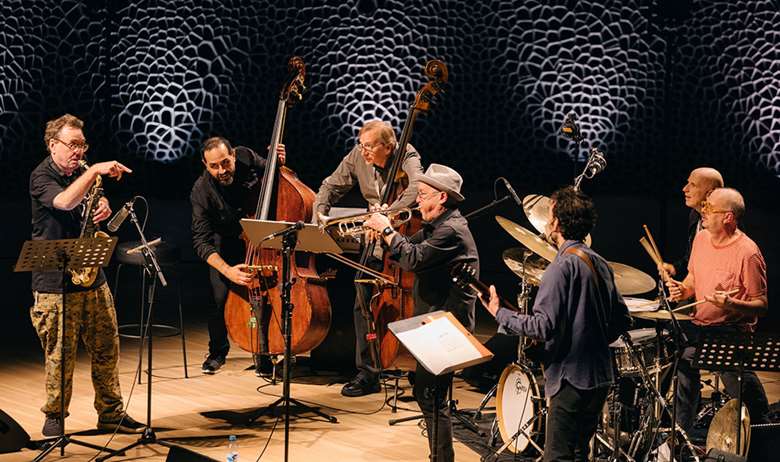John Zorn goes epic at the Elbphilharmonie
Martin Longley
Thursday, March 24, 2022
The revered US saxophonist/composer brings a star-studded crew for his four-day concert series in Hamburg, Germany


Register now to continue reading

Thank you for visiting Jazzwise.co.uk. Sign up for a free account today to enjoy the following benefits:
- Free access to 3 subscriber-only articles per month
- Unlimited access to our news, live reviews and artist pages
- Free email newsletter